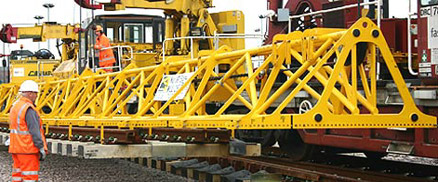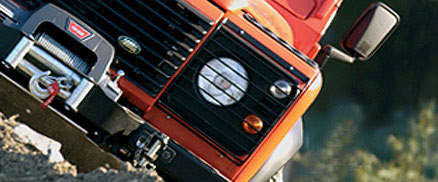When it comes to selecting a winch you can’t just choose the first one that you come across. Winches generate high force and careful consideration needs to be because if the wrong one is chosen it can be dangerous. The paramount concern should be that of safety. Secondly you need to ask yourself a few questions as to why you need a winch – what environment will you be using the winch in and are you a beginner or an expert when it comes to hoisting in the load.
Another important factor when selecting a winch is whether the winch should have the freewheel feature. Freewheels are usually found on ratchet winches. The purpose is to let you pull the cable freely from its drum and then attach it to the load you want to pull in.
It may be this type of winch does not suit your requirements, in which case a self locking winch, brake winch or worm gear winch is probably more appropriate for the task in hand. Any job that requires the lifting of loads a ratchet pulling winch should not be used.
Look at the environment in which you will be using your winch. Environmental conditions such as harsh salt water, causes of potential damage and abuse all need to be considered. How often will the winch undergo maintenance checks? All of these need to be part of the decision making process. For these conditions then a larger winch should be used that has protective guards to prevent damage to the winch.
It is difficult to calculate the exact amount of load that is to be pulled with the winch as different loads have different weights. If using one of the Dutton Lainson hand winches then the total capacity that these types of winches can handle ranges between 35 to 55 pounds. To winch this weight range you should only need to use one hand. If you cannot reel in the load with one hand then the weight bearing is too much for the winch to handle.


